A Deep Dive into Privacy: The NSA's Purchase of Internet Records and the Enduring Debate

The recent revelation by US Senator Ron Wyden about the National Security Agency (NSA) secretly purchasing Americans' internet records has once again stirred the pot of the ongoing privacy vs. security debate. This controversial practice, though not entirely surprising given the history of privacy concerns in the United States, raises significant questions about the boundaries of surveillance and the sanctity of individual privacy.

Historical Context
To fully understand the gravity of this revelation, it's essential to revisit the past. The NSA's surveillance activities have always been a subject of intense scrutiny and debate. The agency's surveillance practices came under global scrutiny in 2013 when Edward Snowden, a former CIA employee, leaked classified information revealing extensive internet and phone surveillance by the NSA.
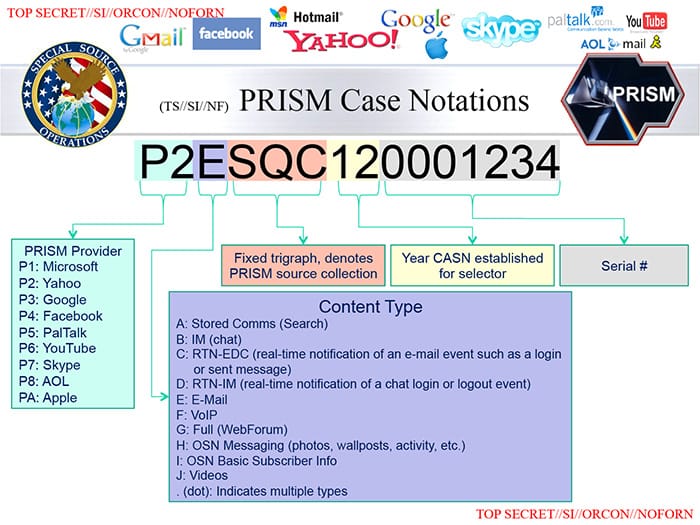
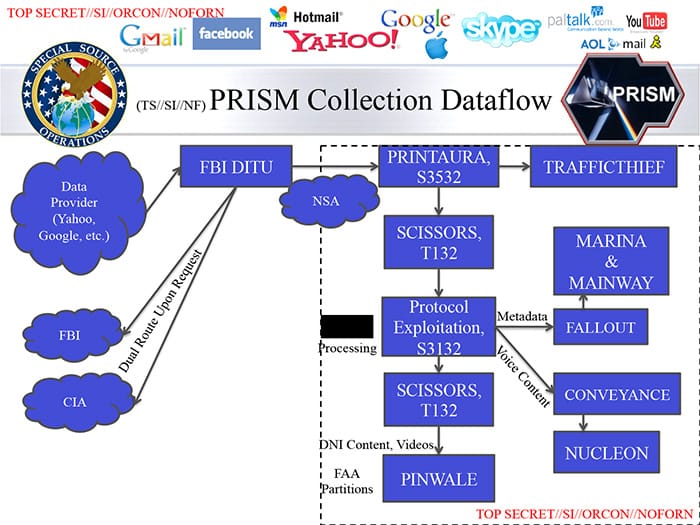
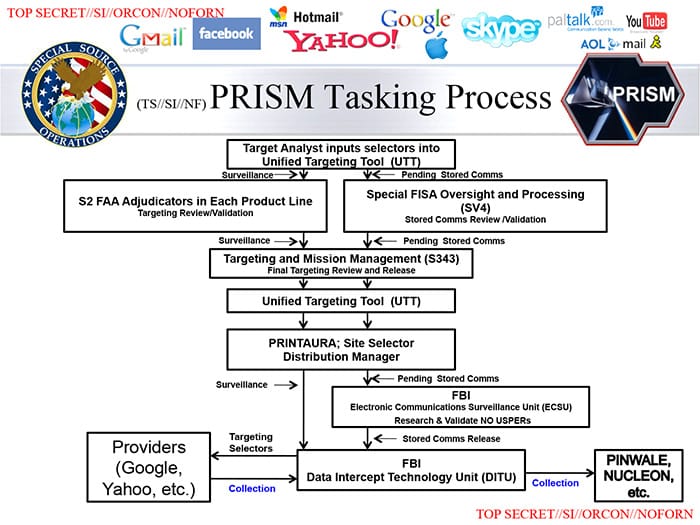
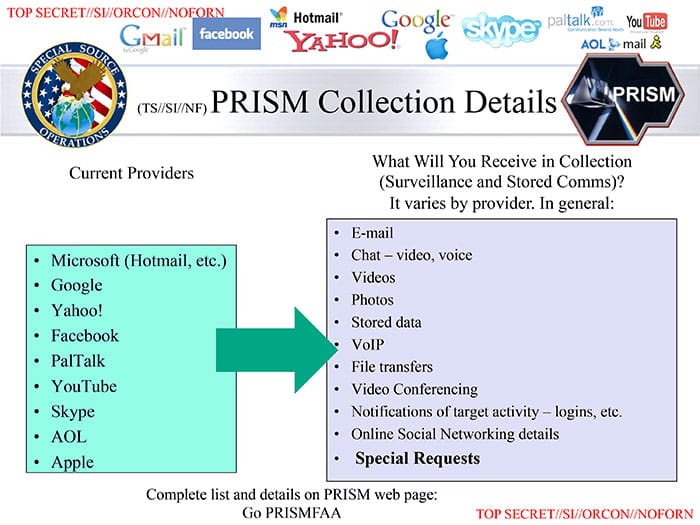
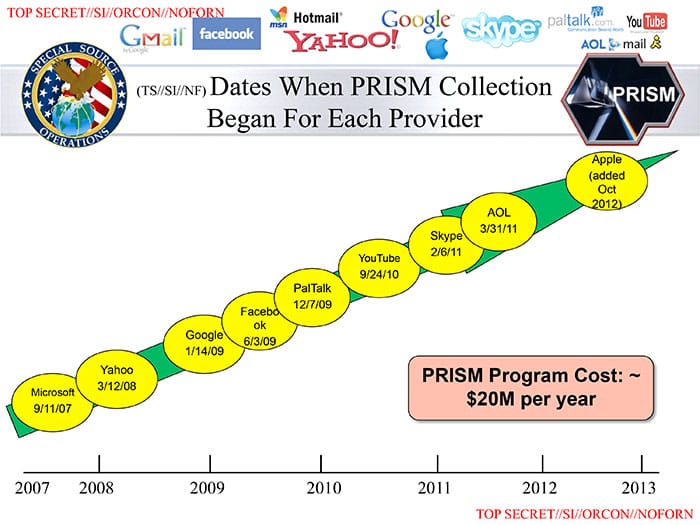
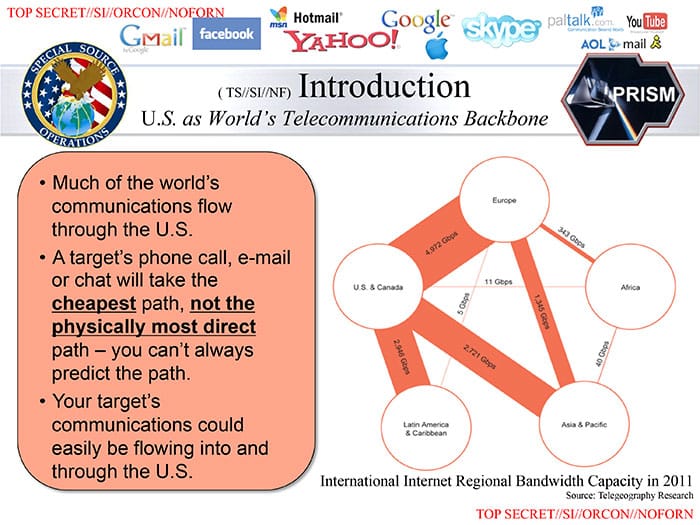

This leak brought to light several surveillance programs, including PRISM, which reportedly collected data directly from the servers of major US service providers. While the official stance has always been that such surveillance is a counterterrorism measure, these revelations opened a Pandora's box of privacy concerns and led to widespread public outcry.
The Current Revelation
Fast forward to the present, Senator Wyden's disclosure points to a continuation of this trend, albeit through different means. By purchasing internet records, the NSA is allegedly bypassing the conventional legal processes typically required for obtaining such sensitive information. This approach not only skirts the legal safeguards designed to protect citizens' privacy but also poses a direct challenge to the foundational principles of individual freedoms.
The Privacy-Security Conundrum
The core issue at hand is the age-old balance between privacy and security. Governments and intelligence agencies argue that surveillance is a necessary evil in the fight against terrorism and other threats. However, where do we draw the line? At what point does the quest for security infringe upon the right to privacy?
Privacy advocates argue that the NSA's practices are a breach of trust and a violation of constitutional rights. The Fourth Amendment of the US Constitution guards against unreasonable searches and seizures, ensuring a right to privacy. The secretive purchase of internet records, arguably, flies in the face of these protections.
Looking Forward
The revelation by Senator Wyden is not just about the NSA's practices but is symbolic of a larger issue of transparency and accountability in government agencies. It serves as a reminder of the need for robust oversight mechanisms and stringent checks and balances to prevent the overreach of surveillance powers.
Moreover, it underscores the importance of public dialogue and legislative scrutiny in shaping the future of privacy rights. As technology continues to evolve and integrate deeper into our lives, the conversation around privacy and surveillance becomes increasingly pertinent. It's crucial for policymakers, technology experts, and civil society to collaborate in creating a balanced approach that safeguards both national security and individual privacy.
Conclusion
The NSA's alleged purchase of American internet records is a stark reminder of the complexities surrounding privacy and surveillance. As we navigate this digital age, it's imperative to continually reassess the boundaries of government surveillance and advocate for transparency and respect for individual privacy. The path forward must ensure that the pursuit of security does not come at the cost of the fundamental rights that form the bedrock of democratic societies.






